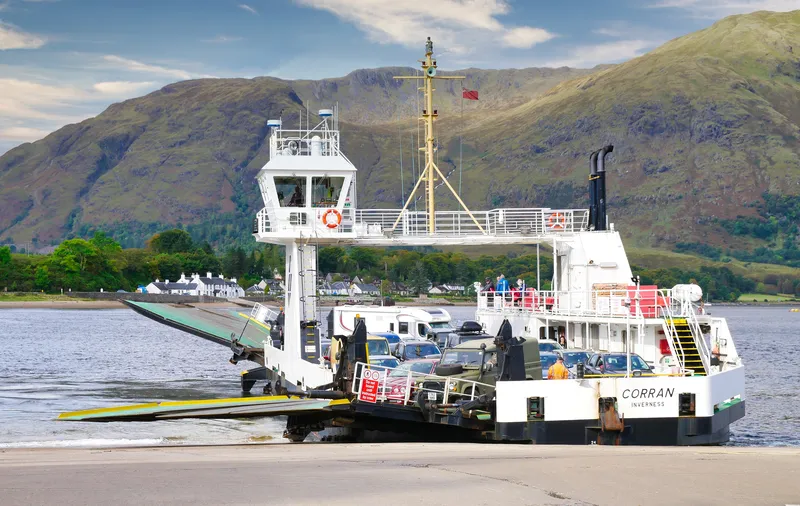
A new fixed link project is being considered in North West Scotland to replace an existing ferry service. A feasibility study into the project has been carried out by Stantec, which was funded by Highland Council, the Highlands and Islands Transport Partnership (Hitrans) and Highlands and Islands Enterprise.
The proposal calls for a new fixed link crossing for Loch Linnhe and the report considers the potential project as being viable. This new link would replace the existing Corran ferry service, which runs between Nether Lochaber and the Ardnamurchan peninsula.
Both tunnel and bridge options are being considered in the report. The former is likely to be more expensive with an estimated cost range of €75 million - €122.7 million (£66 million to £108 million). The latter option meanwhile has an estimated cost range of €47.7 million – €56.8 million (£42 million - £50 million).
The ferry carries around 250,000 cars/year and some 500,000 people/year and the journey takes around 5 minutes. This is one of the busiest ferry links in Europe that relies on a single vessel. However, the ferry is ageing and has suffered a number of mechanical problems. A propulsion unit had to be replaced recently, during which time the ferry was out of service. Replacing the ferry service with a fixed link, whether a tunnel or bridge, would reduce journey times and also help develop the economy in the area.
The issue of financing has yet to be considered. The project would be too costly for the Highland Council to fund, so other sources will have to be sourced. Transport Scotland would be required to give its backing for the project, including sourcing the funding, and is considering its options at present.







